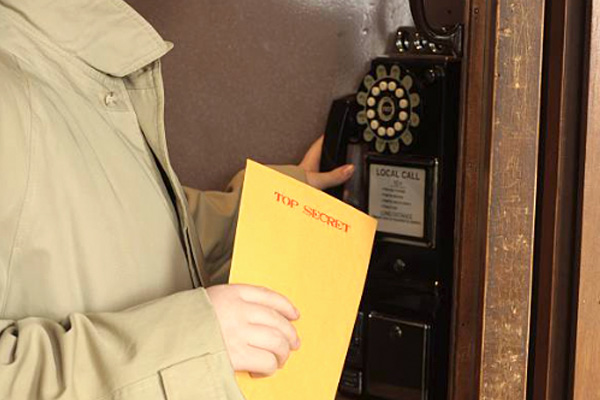New Yorker by Ronan Farrow –
Oct. 30, 2020 – “When I get really pissed,” McConnell told me, “I get monotone, I don’t blink.” He related to Padden what he had found in the Helios database. Padden, sixty and heavyset, with a neatly cropped white beard, served in the Marines for twelve years before becoming a civilian prosecutor. He met McConnell when they were both stationed in Quantico, Virginia, and recruited him for the task force. Padden shared McConnell’s respect for rules. “We are talking about the withholding and misrepresentation of information to prosecutors by agents who are supposedly part of the prosecutorial team. We’ve got discovery problems, ethical problems there,” Padden told me. “You gotta have at least a prosecutorial supervisor in the know.”
In the following months, other officials independently raised concerns about the concealed intelligence. In late February, 2018, Dick Getchell, a federal prosecutor in the Southern District of Florida, e-mailed McConnell, asking to talk about “cases where targeting information does not appear to be LE-sourced” (the abbreviation stands for “law enforcement”). The same day, Getchell e-mailed the F.B.I. about a case resulting from a deceptive database entry. “Please advise as to the nature and substance of the information which FBI Miami provided which resulted in this seizure,” he wrote. Rhonda Squizzero, an F.B.I. special agent, replied that the targeting information had been gathered in an F.B.I. operation called Black Pearl, made up of investigations called World’s End, Calypso, and Wicked Wench—all references to the “Pirates of the Caribbean” film series. She wrote that those investigations had generated “case debriefs and electronic evidence” that pointed to a Mexican crime organization called La Victoria. McConnell and several other sources said that the investigations were a cover and could not be the source of the information. In a subsequent e-mail, Getchell expressed skepticism about La Victoria as well, writing that it was a group that “our office has never heard of.” In fact, there is no evidence that any such organization exists. The F.B.I. spokesperson said that the Bureau takes “a host of precautions to protect both the intelligence we receive and the sources and methods used to gather it. This can include using code names.”
“Everyone in the building knew this was crap,” one law-enforcement official told me. “What they were doing was bullshitting.”
McConnell and Padden also raised their concerns with C.I.A. and F.B.I. officials, who defended the concealment. In February, 2018, they met for three hours with the agency’s senior operative on the task force. (The New Yorker is not publishing the C.I.A. operative’s name, for safety reasons.) The operative argued against disclosing the C.I.A.’s role, either in the database or to prosecutors, saying that the arrangement benefitted both the C.I.A. and the F.B.I. The F.B.I., the C.I.A. operative said, was “a good partner.”
That spring and summer, the C.I.A. operative grew increasingly hostile to McConnell. During a meeting in March, according to McConnell, the operative warned, “If people keep talking about our program, someone is going to need to go to prison.” A month later, a meeting devolved into a shouting match. “If that cocksucker Cambre wants to fuck me in the ass, the least he can do is use some lubricant,” several people familiar with the conversation recalled the operative saying, referring to the D.E.A. agent who had initially raised the matter. “He’s going all ballistic,” McConnell told me, of the operative. “He was just lit.”



